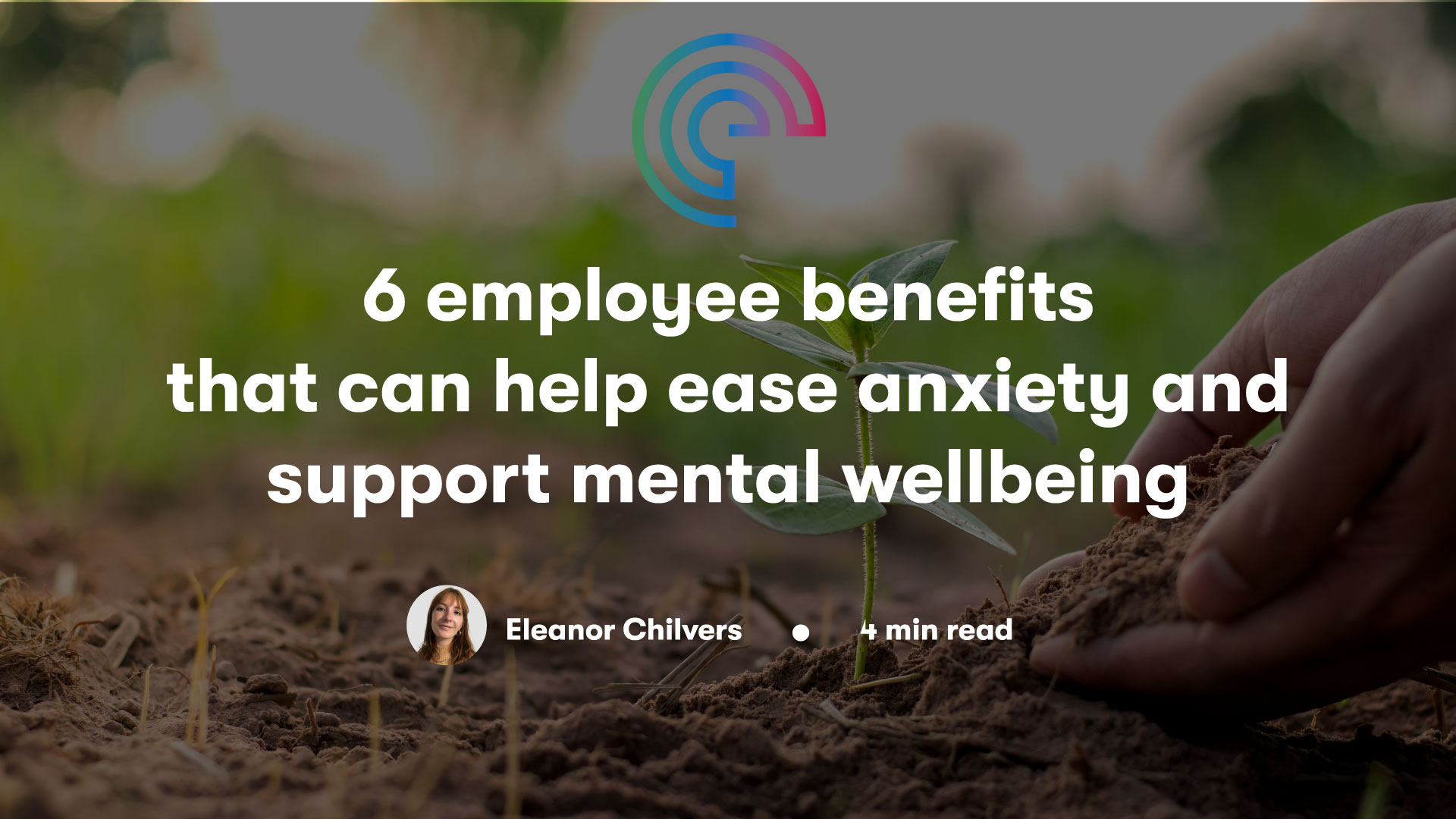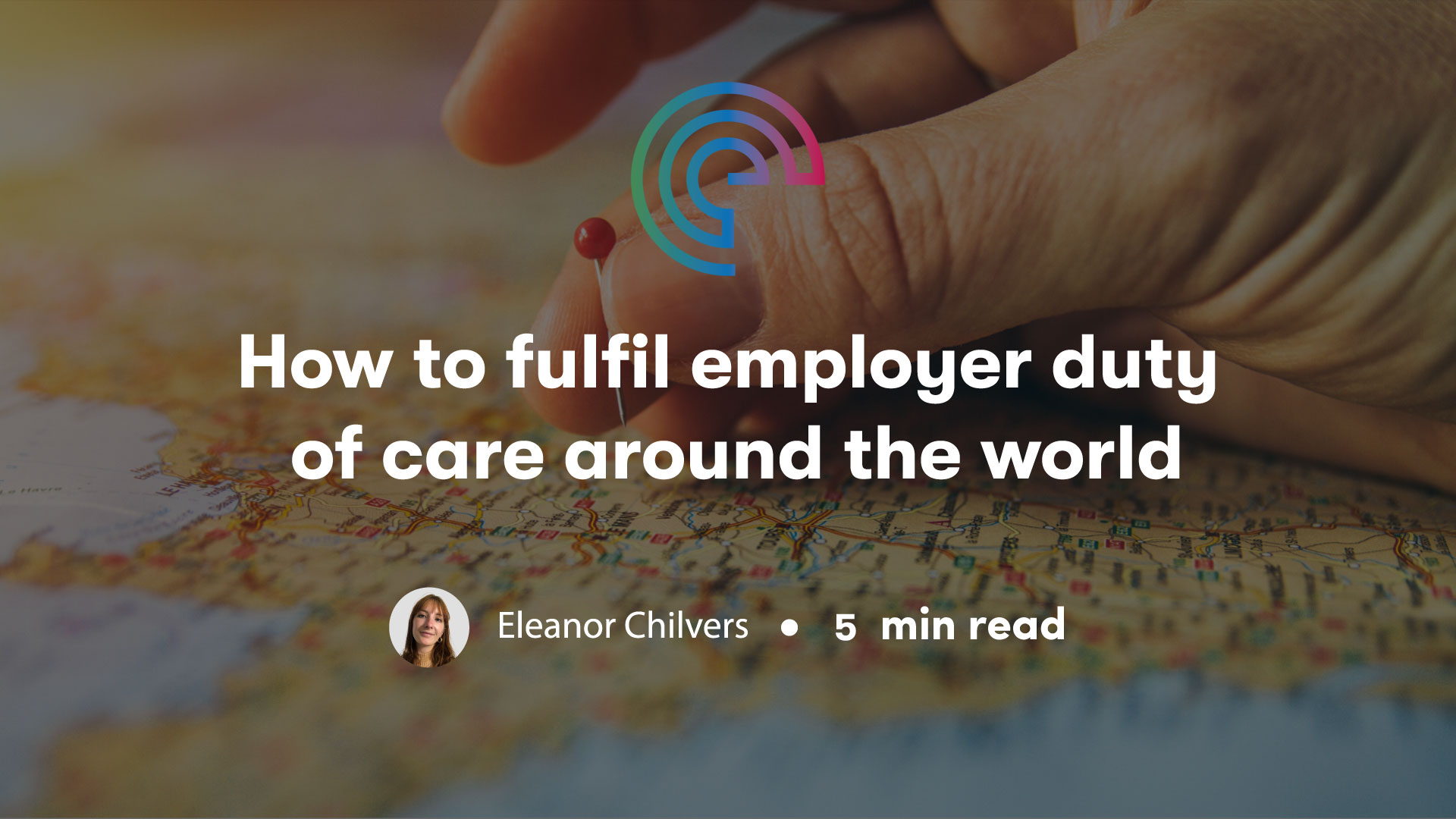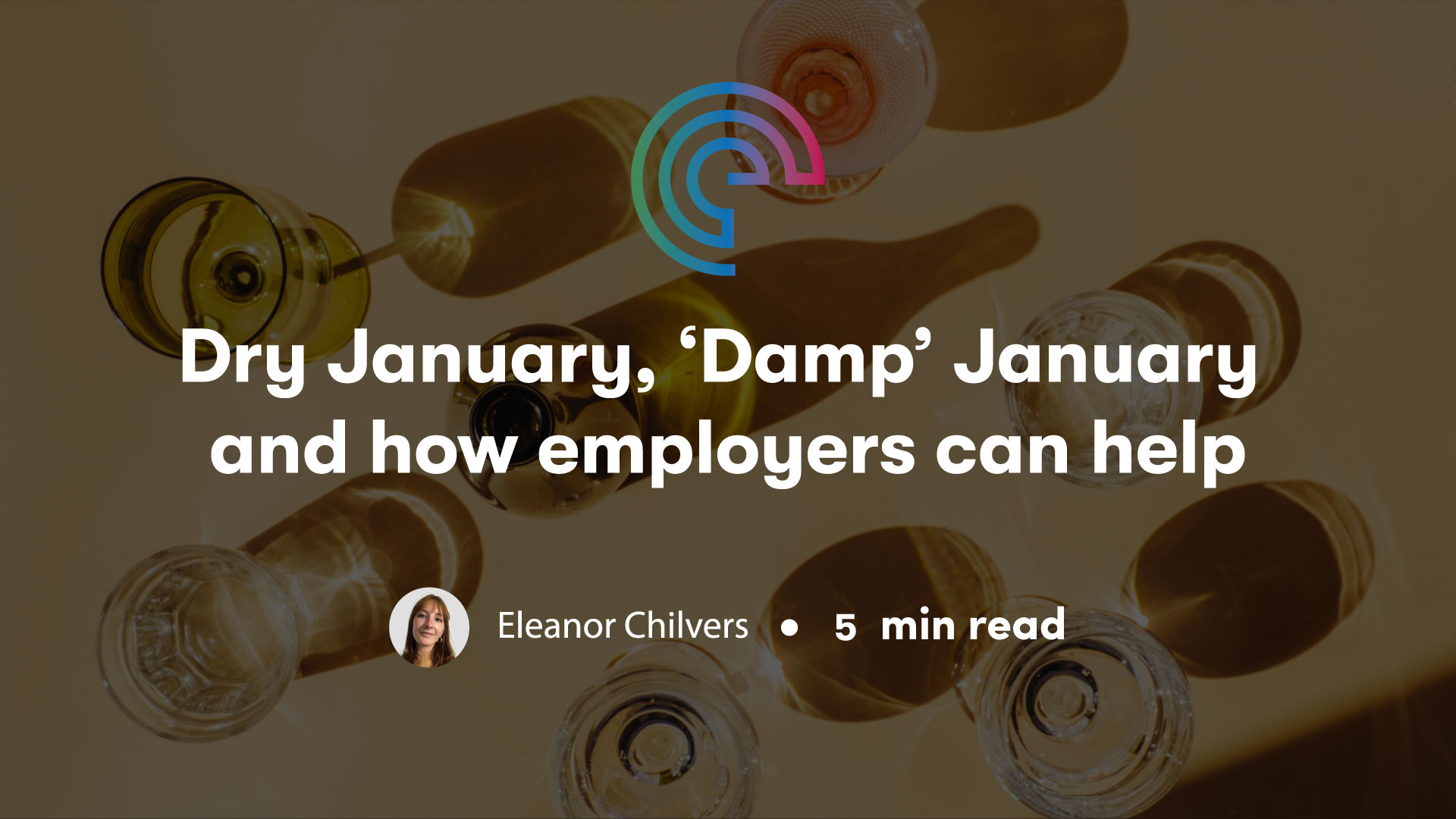One of the leading influences on the demand for moving to France is the impressive healthcare system, ranking 8th out of 89 countries, only behind Austria, Denmark, and Spain, in Europe (Health Care Index 2019). France’s public healthcare system offers universal coverage for all citizens regardless of age or economic situation, funded by government agencies.
Even with this impressive public healthcare, choosing the right health insurance policy is still a top priority for expats moving to France. Although 96% of France’s population uses the country’s public healthcare, an estimated 40 million French citizens own a private health insurance policy (2018).
Need help understanding the international health insurance market? Our friendly team of experts can help. Contact us at +44 (0)1273 20974419 for one-to-one advice.
Top questions on ex-pat health insurance France
When moving for work or long-term travel anywhere in the world, it is important to learn about a country’s healthcare system – what additional policies are offered or what is already covered by the state – and which are the best policies companies can offer their employees moving or working in France?
So, what are the best French health insurance options for expats living or moving to France? What needs to be considered when looking at France’s healthcare as a whole?
What is the French Public Healthcare System?
France’s public healthcare system is one of the best in the world. In 2016, French healthcare was overhauled to create the Protection Maladie Universelle (PUMA), unlimited healthcare as a right for all French residents. This is regardless of age or previous medical history.
The government implementation of PUMA was impactful for expats living in France, where previously several conditions had to be met. The 2016 changes guaranteed that any resident living or working in France for longer than 3 months consecutively would have access to public healthcare and reimbursements.
PUMA reimbursements refer to state-fixed tariffs, such as a standard charge for doctor consultations. You can expect to receive a minimum reimbursement of 70% of a medical bill, with long-term illnesses having 100% of the costs covered.
PUMA guarantees that legal residents keep their health insurance despite any changes in circumstances.
What does French public health insurance cover?
PUMA provides state-funded cover for a wide range of treatments and procedures, with French residents having to pay upfront fees that are reimbursed by government-funded agencies. What is covered under France’s public healthcare?
- Doctors: usually pay a flat fee of €25 – insurance providers partially reimburse these costs
- Emergency Care: A&E services under state healthcare
- Specialist Care: may charge higher fees than general doctors – for reimbursement need to have been referred by GP
- Medication: most are covered by state
- Dental Care: covered the same way as Specialist Care, covers general visits
- Maternity Care: majority covered – 70% of first 2 scans are covered, cost of next 6 months fully covered
How expats can register for healthcare:
The first step to registering for health insurance in France is to either join the social security system to register for PUMA or visit a local CPAM, the local department of national health (Caisse Primaire d’Assurance Maladie). Expats drawing from a UK State Pension can apply for a UK S1 form to signify a change in address.
Most employers will register their employees with social security, arranging the healthcare formalities.
Once becoming an expat working or living in France for more than 3 months, your staff can then apply to be covered by PUMA, registering for public healthcare.
Employees will need:
- Passport / valid ID
- Proof of French residence
- Proof of address
- Marriage/birth certificates (to include family under cover)
- Evidence of income
Who has access to French public health insurance?
Anyone who pays into the French social security system, or have lived consecutively for 3 months in France, is entitled to state health insurance. These social contributions average out to around 8% of net income above a minimum threshold set by the state.
So, can all expats and citizens have access to state healthcare?
- Residents: regular residency in France for 3 consecutive months per year – must intend to live there for at least 6 months a year
- Employees: social security contributions
- Self-employed / business owners: have access to medical insurance through Regime Social des Independants system (2006)
- Children: automatically eligible regardless of nationality
- Students: not typically recognised as residents (most get Student’s Social Security covering health expenses) – exceptions available for EU/EEA students with EHIC cards, scholarship students, students studying for less than 3 months
- EU, EEA, Swiss citizens: use EHIC cards if staying temporarily
- Unemployed / Low income:eligible for health insurance, can also get subsidies
What are the different options for private expat health insurance France?
Although the quality of French public health care is incredibly high, residents also often opt for private French health insurance to ensure full coverage of payments and procedures. Below are the different options available for expats when deciding on French health insurance.
Health Card – Carte Vitale: don’t have to make upfront payments, contains administrative information needed by medical professionals
Mutuelle: a policy that reimburses medical costs not covered by Social Security – are offered by insurers as different packages which are catered specifically to your needs, can be offered as part of a benefits package – basic Mutuelle’s focus on hospital care and medicine, and may include limited dental coverage
European Health Insurance Card: healthcare at the same cost as locals
For local health insurance cover, there are many providers that offer cover for expats moving to France. A few of the largest include, April, AXA, and Allianz – all of which we at Engage work with and support.
(Look here to discover what can be included in International Private Medical Insurance)
Why is expat health insurance France needed?
Even with France’s top public healthcare in place, being an expat in France still has many difficulties. French expats must face a range of issues when navigating and understanding what is on offer to them regarding healthcare.
Listed below are some reasons why French expats top up their cover with private international health insurance:
- Dentistry and private hospital care are usually only available to those with private health insurance
- Expats may be liable to pay a percentage of most treatments – PMI can bridge this gap
- International private health insurance is global and will cover expats anywhere in the world
- Provides a more comprehensive plan that can be suited to specific circumstances and needs
- Provides access to a wider range of French healthcare facilities and doctors
- Language barriers and French social rules can prove challenging to overcome
- A good option for those with chronic illnesses – state/public will not cover chiropractors, osteopaths, psychologist consultations
- Covers any possible scenarios – a medical security blanket!
- Access to private hospitals and eye care
- Covers the first 3 months of living and working in France, before having access to the public scheme
International Private Health insurance for expats in France ensures ease and comfort during an already tumultuous move to a different country. Where the public health care system already provides protection and care, understanding a new country’s policies and methods can be confusing and hard to navigate. Having an international private health insurance plan means that staff are completely covered for any circumstance and get any extra support they might need.
Contact us through Engage Health Group where we give free no-obligation advice and support and discover more on International Private Health Insurance.









